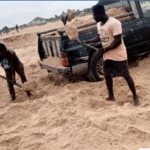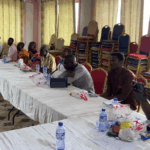
Farmers in the Wassa Amenfi West Municipality, located in the Western Region, are facing shrinking farmlands, erratic rainfall, drought, and worsening pest infestations.
These challenges are further compounded by the impacts of climate change, which adversely affect yields and farmers’ livelihoods.
As an intervention, international NGO Rikolto Ghana is engaging community stakeholders in a district-level dialogue to push for localised climate adaptation and community-driven solutions.
The Wassa Amenfi West municipality is one of the noted centres for cocoa cultivation, as well as food crops like plantain, maize, and cassava.
Unbridled activities like illegal mining have left many farmers in the district battling conditions that affect their livelihoods and production. The district agricultural office warns that without immediate climate action, food production in the area will continue to decline.
Municipal Director for Agriculture Patience Amoah Frimpong explained that the assembly has failed to roll out climate adaptation strategies due to funding constraints.
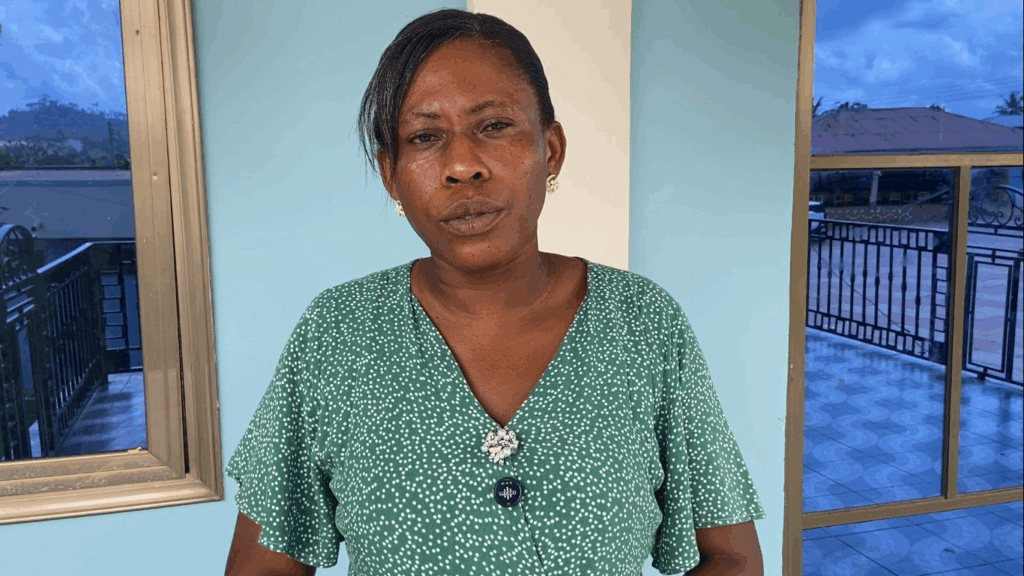
She described the climate solution intervention by the international NGO, Rikolto, as timely, as it aligns with the department’s vision.
Farmers have challenges in Wassa. The size of land for farmers has reduced due to illegal gold mining. Climate change has compounded the situation, and farmers lack access to financial support and their overall financial standing.
Their yield and productivity had been affected.
“Our collaboration with Rikolto has been helpful and timely. It fits into our vision as an agriculture department. However, we lack funds and resources and are not able to implement adaptation strategies, and Rikolto’s collaboration is filling this gap,” she said.
The Community-Based Adaptation to Climate Change and Advocacy Project assembled farmers, traditional leaders, and local government stakeholders to explore local climate impacts, the progress of adaptation interventions, and the introduction of alternative livelihood opportunities.
The project is characterised by three themes: access to finance, promotion of agroforestry, and establishment of income-generating activities.
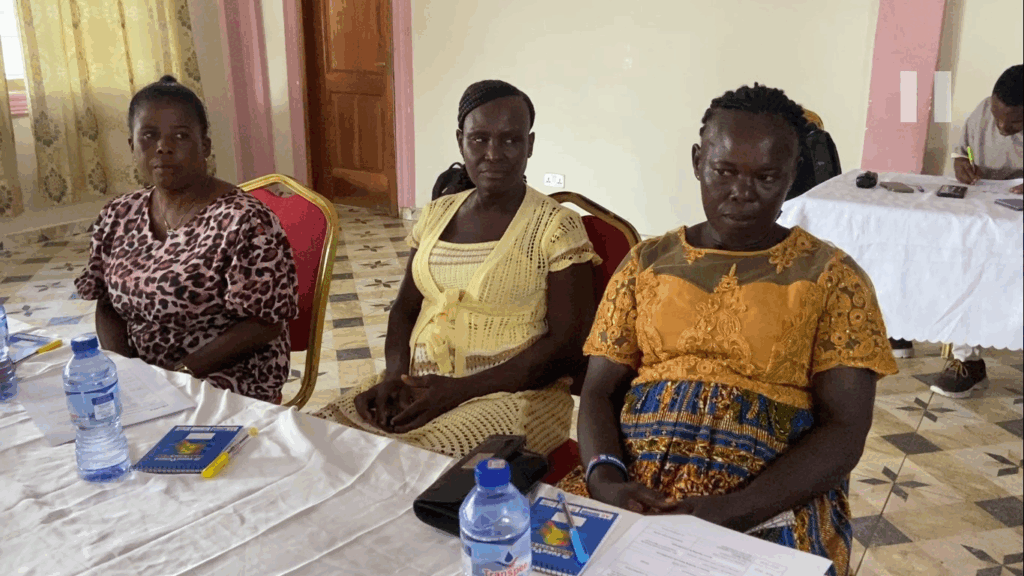
Project Officer for Rikolto, Jonathan Owusu, says the initiative is rooted in aiding rural farming communities in the Amenfi municipality to build climate impact resilience.
He indicated that the engagement is aimed at presenting climate change risks and discussing recommendations.
“Our findings pointed to the fact that some farmers are vulnerable to pest infestation and diseases, drought, lack irrigation systems within their farms, and they are negatively impacting their farming activities. We are looking at measures to improve water systems, help them adapt to agroforestry, and improve access to finance.
“The project is about how we can support these communities to be resilient to climate change. They are forest-adjacent communities and have the likelihood to invade forests for more farmland and yields. We have been able to set up 20 village savings and loans. To help them invest in their work and climate adaptation measures. We are also looking at how to diversify their income,” he said.
The district-level engagement by Rikolto was in collaboration with the Municipal Agriculture Department and the Cocoa Health and Extension Division of COCOBOD.
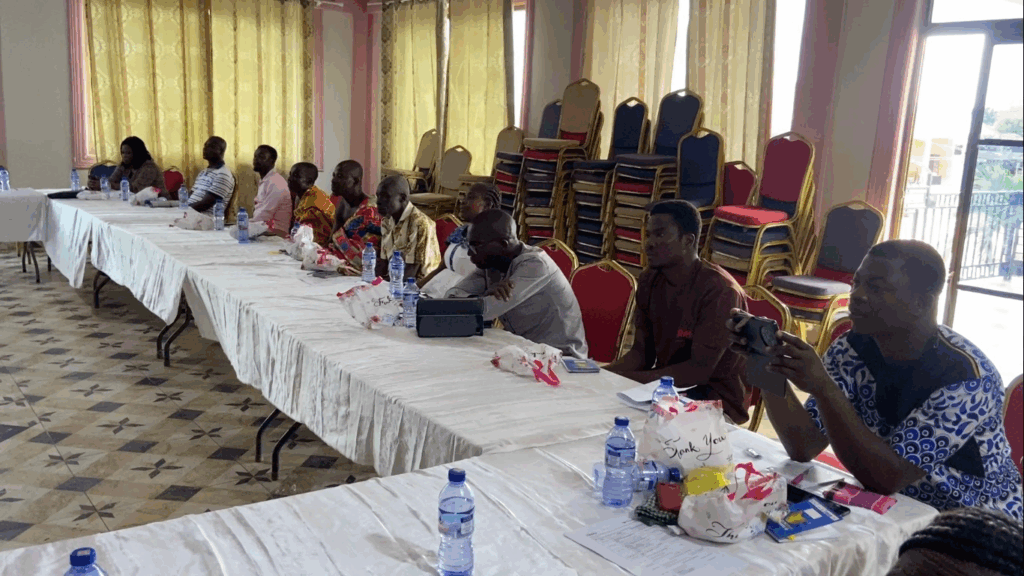
The project is also helping farmers diversify their income to reduce pressure on forest areas, which are increasingly threatened by land expansion.
Some farmers indicated that the village savings and loans scheme has already become a lifeline.
“The village savings and loans have been very helpful. I have been committed to prudential spending and saving, which has made me stable for now,” a farmer said


